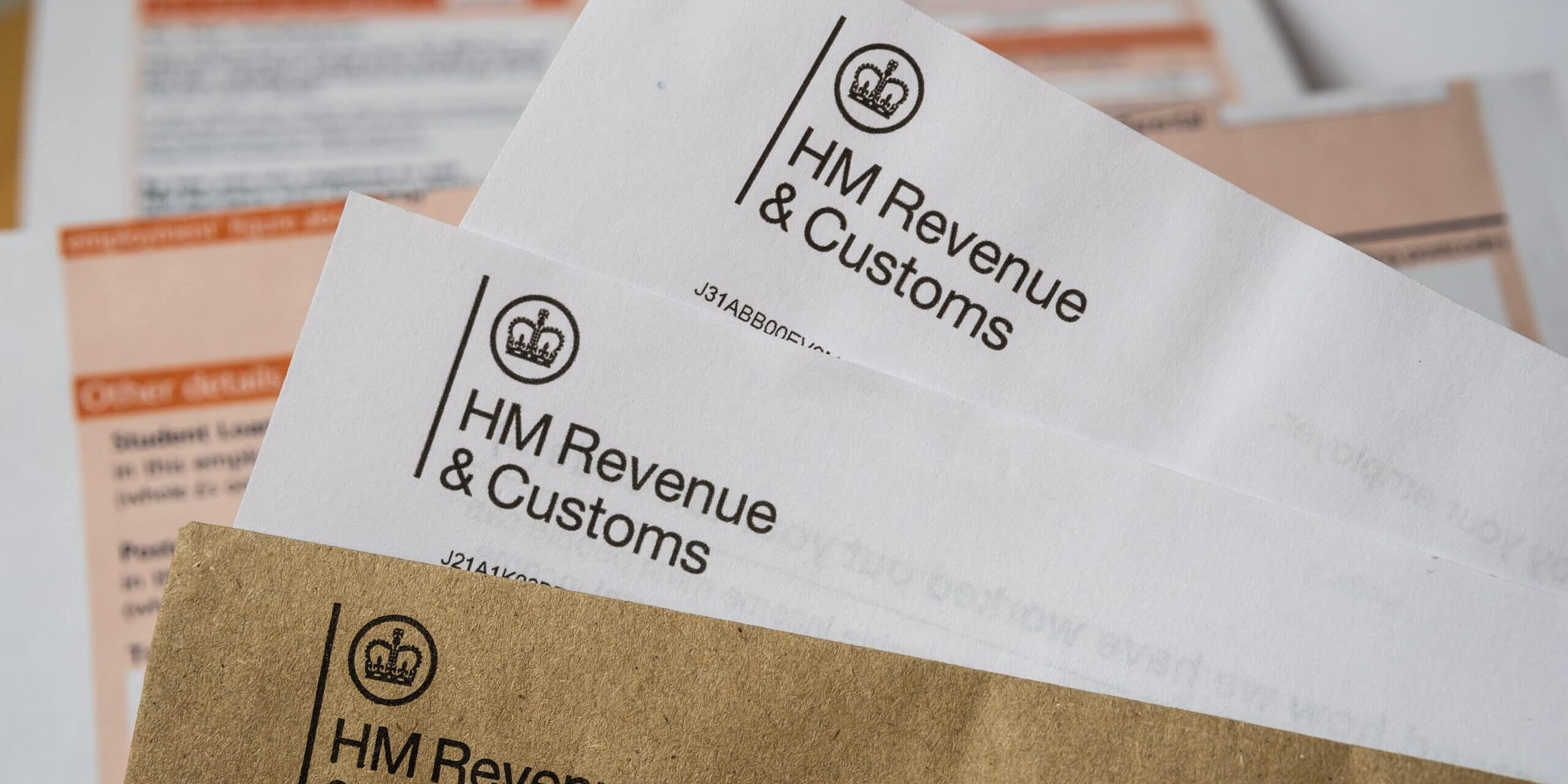Council tax is a priority bill in the UK, which means it should be paid before most other debts. Missing a payment might seem like a small slip, but the consequences can escalate quickly. If you’re dealing with unpaid council tax in the UK, it’s important to understand the process, the potential penalties, and what steps you can take to resolve the issue.
In this guide, we’ll explain what happens after a missed council tax payment, what a council tax summons in the UK means, and how to get help before things go further.
Why council tax matters
Council tax is used to fund essential local services like rubbish collection, road maintenance, libraries, and emergency services. Because it’s considered essential, local councils have strong legal powers to recover unpaid amounts. Falling behind can result in extra costs, legal action, and even prison in extreme cases – although this is rare.
What happens if I don’t pay council tax in the UK?
If you miss a council tax payment, your council will normally send a reminder notice. This will give you around seven days to make the payment. If you pay within that time, you can usually carry on with your original payment plan.
If you don’t pay within the time given, you may lose the right to pay in instalments. Instead, the council can demand the full year’s council tax in one lump sum. This can make catching up even harder and often leads to further action.
Council tax summons in the UK
If you still don’t pay, the council can apply to the magistrates’ court for a council tax summons. This is a formal notice telling you the date and time of a court hearing. It will also include the amount the council claims you owe, plus any extra costs for issuing the summons.
At the hearing, the council will ask the court to grant a liability order. This is a legal decision confirming that you owe the debt and giving the council more power to collect it. If you agree you owe the money, you don’t usually have to attend the hearing, but it’s important to contact the council to discuss payment before the court date.
What a liability order allows the council to do
Once a liability order is in place, the council can take further action to recover the debt. This can include:
- Asking your employer to take money directly from your wages
- Asking the Department for Work and Pensions to take money from benefits
Using enforcement agents (bailiffs) to collect payment or take goods - Applying for a charging order if you own a property.
In very rare cases, if you still don’t pay and have no valid reason for non-payment, the council can take you to court again and you could be sent to prison for up to three months.
How to stop things escalating
The sooner you act, the more options you have. If you’ve missed a payment but haven’t yet received a summons, contact your council immediately. Explain your situation and see if they’ll agree to a repayment plan.
If you’ve received a summons but can’t pay the full amount, you may still be able to set up an arrangement. This could stop the need for bailiffs and prevent extra costs from being added.
If your unpaid council tax is part of a wider debt problem, it might help to speak to a professional debt adviser. They can look at your full financial picture and suggest ways to deal with all your debts, not just council tax.
Getting help with council tax arrears
If you’re struggling, you may be able to reduce your bill through council tax support or discounts. These could apply if:
- You’re on a low income or certain benefits
Many councils offer means-tested reductions based on your income and savings. - You live alone
A single person discount could reduce your bill. - You’re a student
Full-time students are usually exempt from paying council tax altogether. - You have a severe mental impairment
This can mean full exemption if certain conditions are met.
For more structured debt support, MoneyPlus offers guidance on a range of solutions. Depending on your circumstances, you might benefit from a Debt Management Plan, an Individual Voluntary Arrangement, or another approach. Our priority and non-priority debts guide can help you understand why council tax must be dealt with first.
What happens if bailiffs are involved?
Bailiffs (enforcement agents) can be instructed once a liability order is granted. They must give at least seven days’ notice before visiting. When they do, they can ask for payment in full or seize non-essential goods to sell. Essential items, like basic furniture, appliances, and work tools, are protected.
If bailiffs contact you, don’t ignore them. You can still arrange a payment plan directly with them or the council to avoid goods being taken.
When council tax debt is part of a bigger problem
Sometimes, missed council tax payments happen because you’re already struggling with other debts. If you’re behind on multiple bills, it’s worth looking at your overall situation to find a sustainable solution. Debt advisers can help you work out an affordable budget and deal with creditors on your behalf.At MoneyPlus, we’ve supported thousands of people in the UK to regain control of their finances. Whether you need urgent help with council tax or a full debt review, we can talk you through your options and help you take the next step. Speak to us for tailored guidance, or visit MoneyHelper for free, impartial advice.

